
Ecosystems
Restoring giant underwater forests, one blade at a time
Giant kelp are at risk due to climate change and human activities. In New Zealand, a community effort is rebuilding these underwater algal forests.
Come explore with us!

Giant kelp are at risk due to climate change and human activities. In New Zealand, a community effort is rebuilding these underwater algal forests.
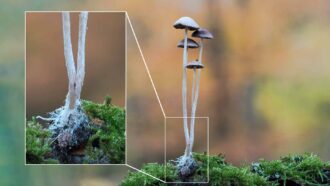
These fibrous networks are the reason plants think fungi are such "fun guys.”
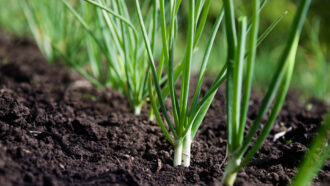
Microplastics in the soil hinder plant growth. But two finalists at Regeneron ISEF found that fungi and farm waste can reduce the harm.
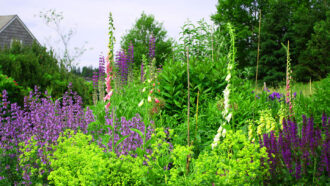
Replacing grass with native plants uses less water and fewer chemicals while providing additional benefits to people and wildlife.
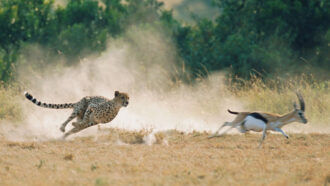
All the species in an ecosystem and the feeding relationships between them get summed up with this handy picture.
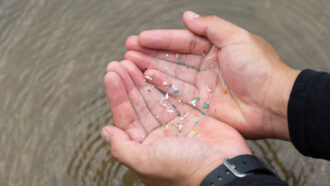
This interplay between plastics and metals could affect how each affects the environment — and suggests opportunities for controlling their risks.
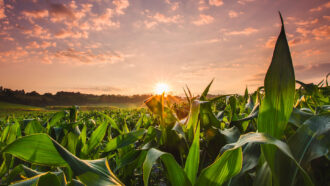
Rubisco is a key protein in the process of photosynthesis, which feeds plants — and, in turn, us.
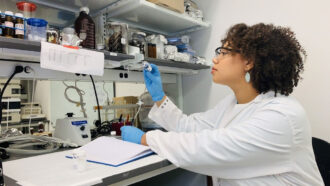
Imari Walker says her journey as a scientist and science communicator lets her talk about and advocate for her passion.
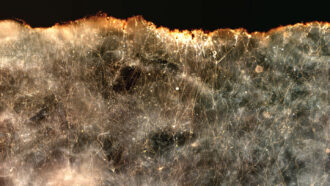
Long, thin bacteria that conduct electricity may be able to help clean up oil spills and reduce emissions of methane, a powerful greenhouse gas.
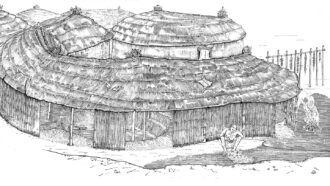
Evidence from the dung may push the onset of animal raising back 2,000 years earlier than previously thought.